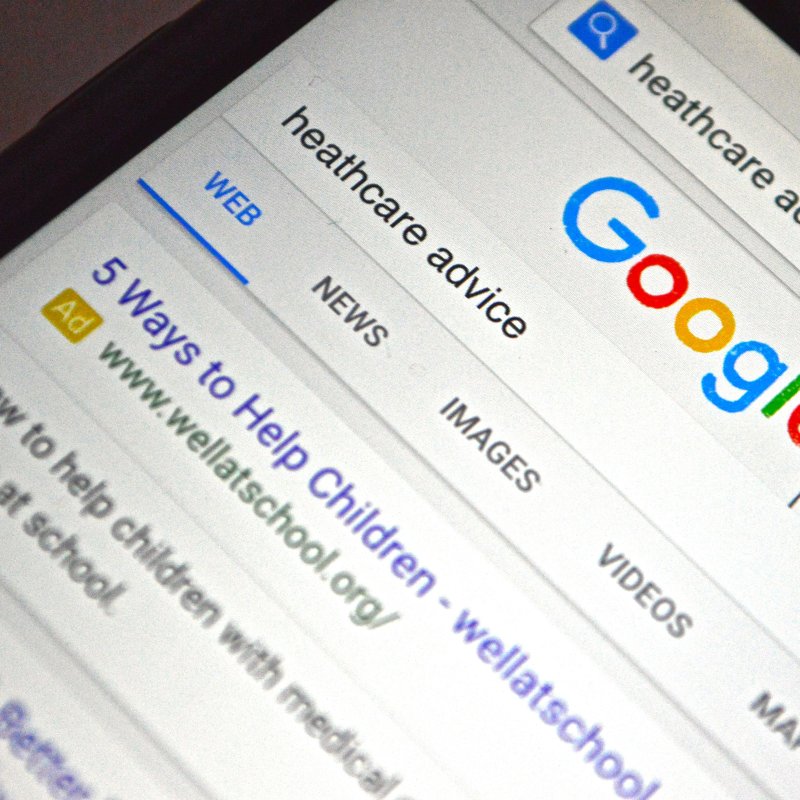Among the patients who volunteered their Google information to the researchers, the number of searches for health-related issues doubled a week before their emergency room visits. Photo courtesy of
Create Health/Flickr
Feb. 20 (UPI) -- Google searches can indicate a lot about a person, like when they are likely to visit the hospital.
Among the patients who volunteered their Google information to researchers, the number of searches for health-related issues doubled a week before emergency room visits, according to research published Wednesday in BMJ Open.
About half of those searches were related to the patients' perceived symptoms or illnesses. An additional 15 percent were to find the location of the emergency department or other logistical information.
"Even though we're in the early stages of this research, we've learned a lot about the questions patients ask before making the decision to visit an emergency department (ED), as well as questions they have about their care after their visit," Jeremy Asch, a researcher at the Penn Medicine Center for Digital Health and study lead author, said in a news release. "Knowing what patients look for before visiting an ED can help us anticipate their needs and direct them to the best sources of care. And knowing what they search for afterward tells us how we can communicate better and help patients on their paths."
Asch believes his research is the first to mine data on health-related searches from a search engine.
"When the study began, we wanted to understand more about patients' willingness to share online search data," Asch said. "As it turns out, people are fairly willing to share this information for health research. And with the right privacy and use protections, it's a great thing. People use digital resources constantly, and we want to know what the data says about us and how it can help."
This isn't the first time Asch has studied the link between health and online activity. Another study, conducted by Asch and a team of researchers, found that Facebook posts can reveal a diagnosis of depression three months before doctors can.
"When you read Facebook posts, you are listening to what people want to tell you, but when you read search histories, you learn what people want to know," said Raina Merchant, who runs the Center for Digital Health and authored both studies. "In the end, really understanding what people want to know may be the most beneficial for impacting care."
Merchant says this type of data mining can help health professionals know health-related questions patients aren't comfortable talking about, as well as identifying gaps in their knowledge. This information can help doctors deliver information to patients in a more effective way, she says.
"Rather than sending patients to 'Dr. Google,' we wonder whether we can provide more useful information in their appointments based on what they really care about," Merchant said.















